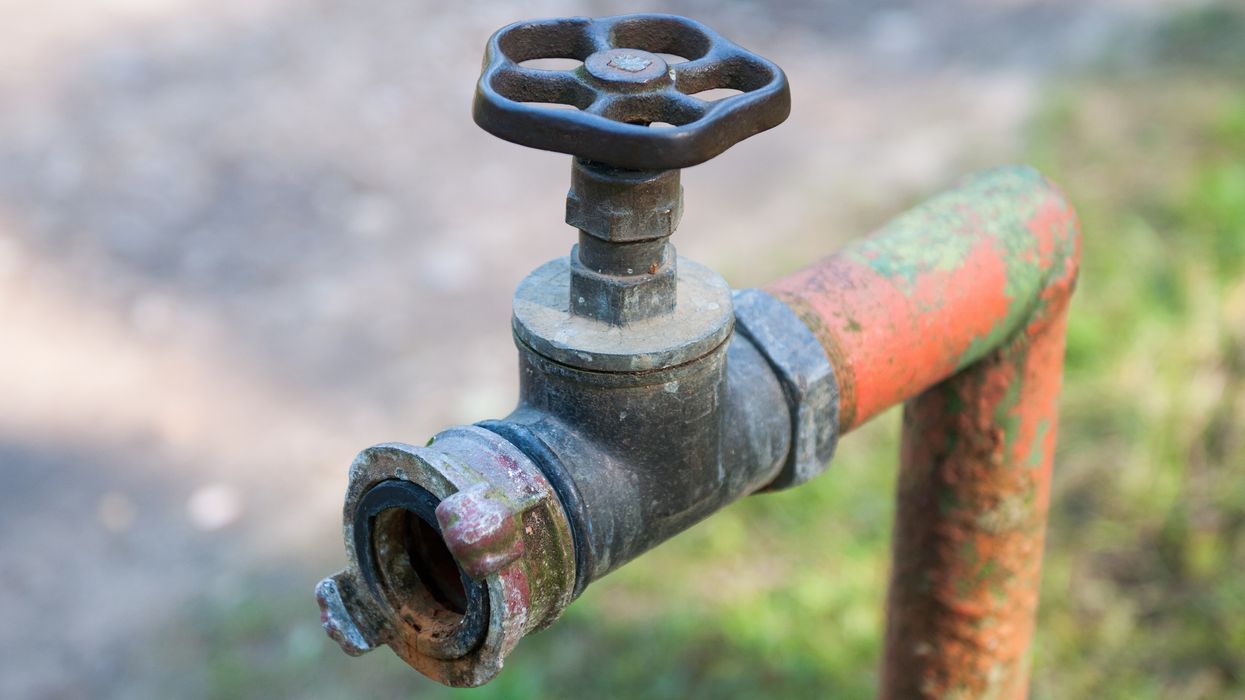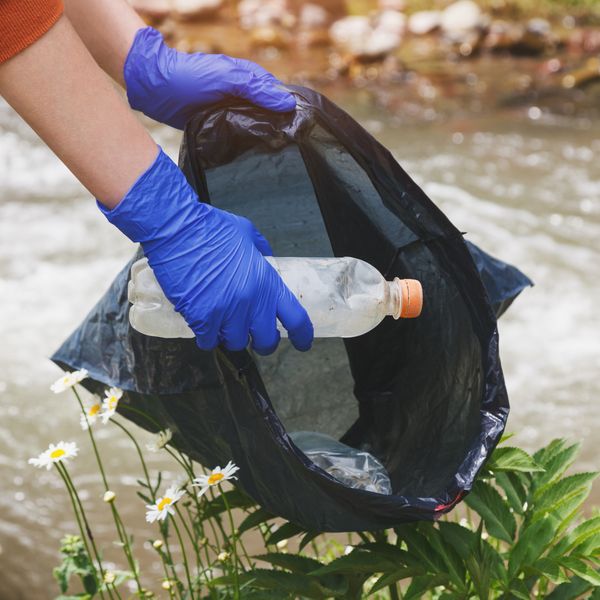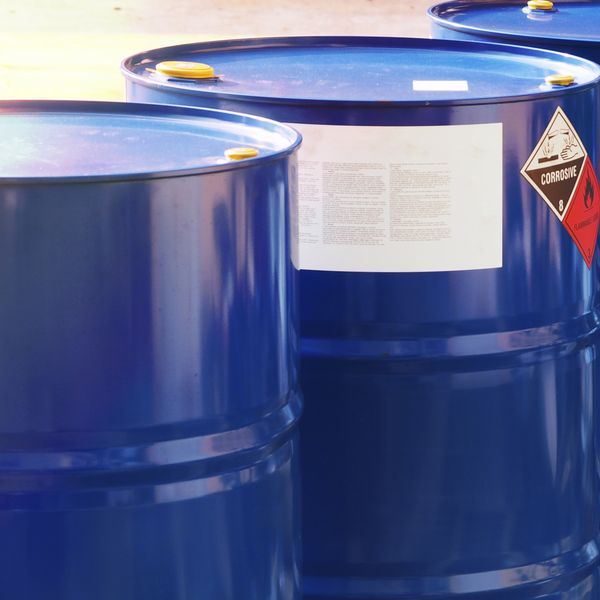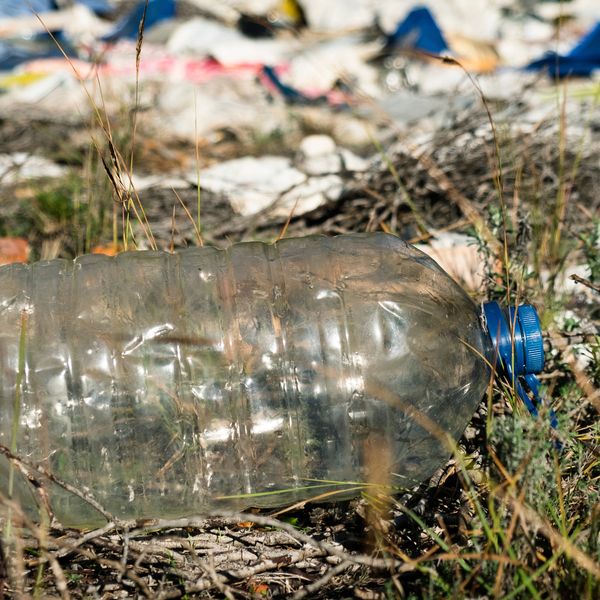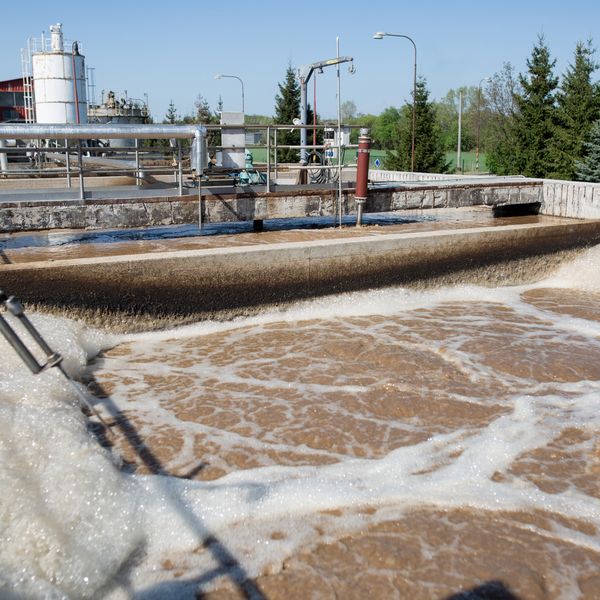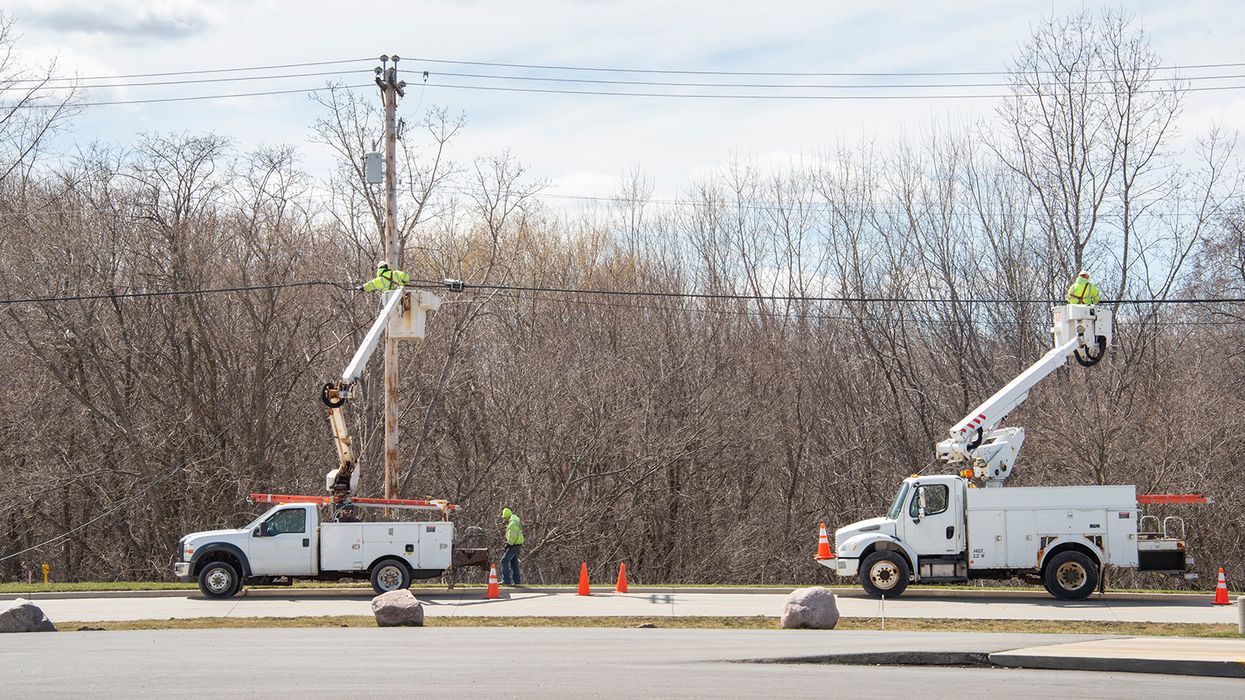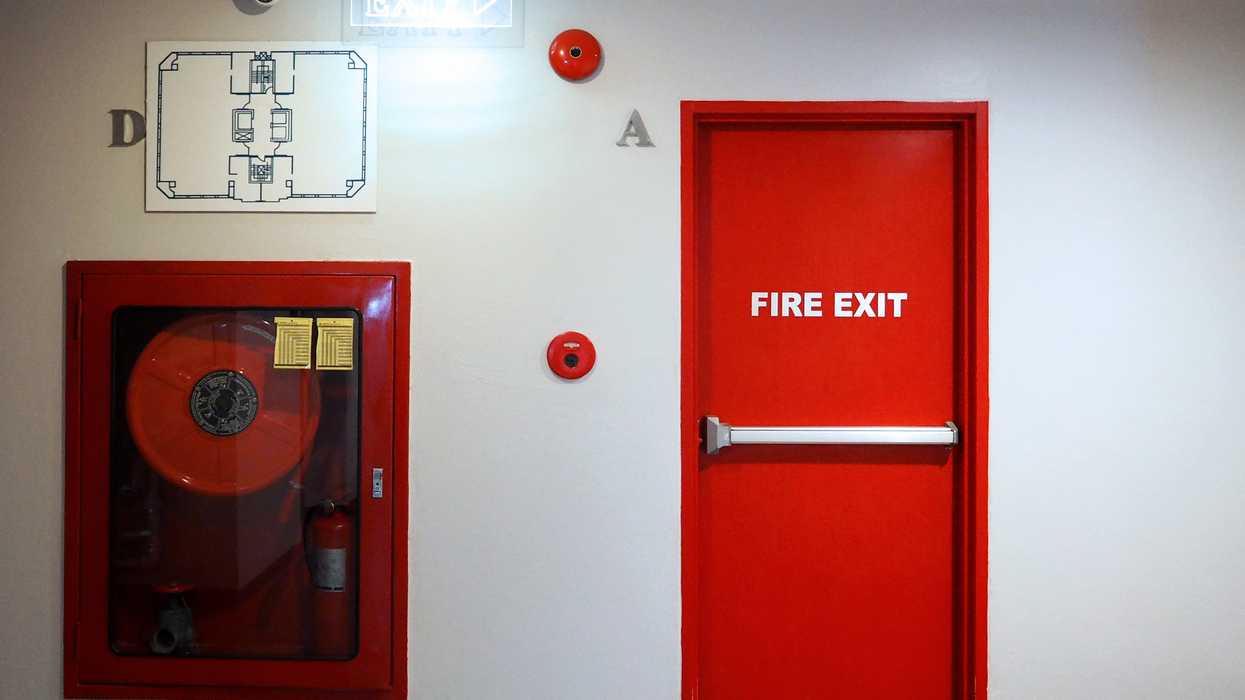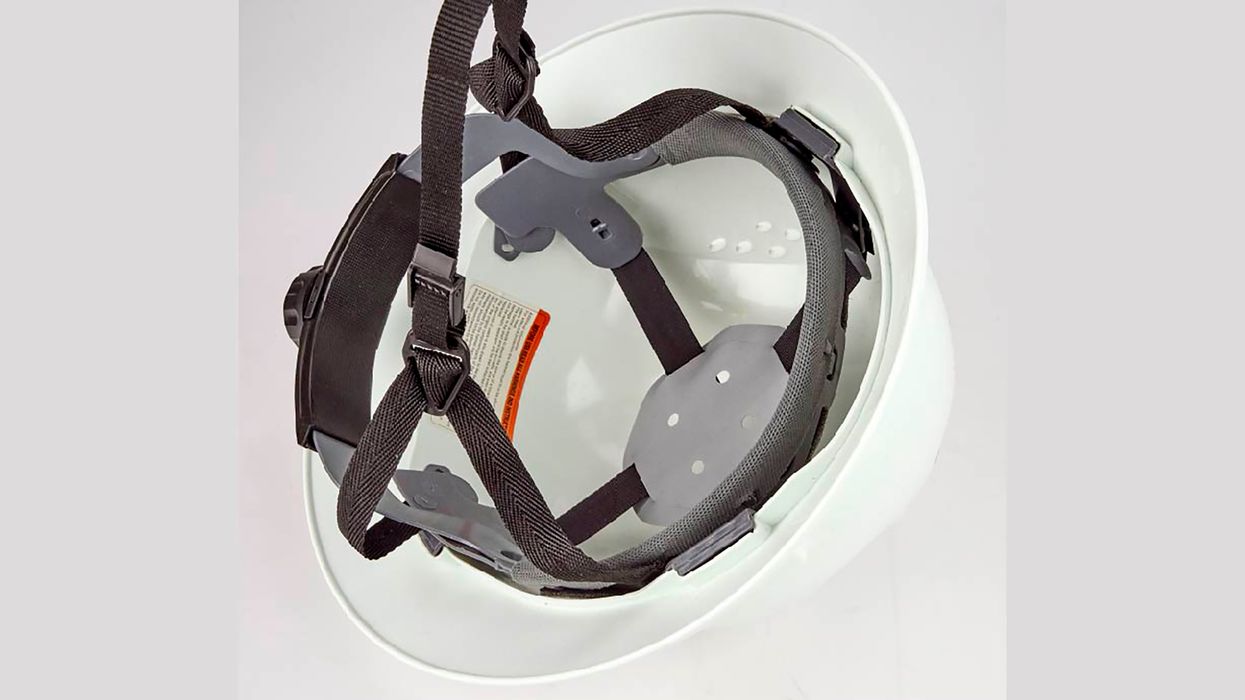State Updates
MA regulates discharges as injection wells
Did you know? The Massachusetts Department of Environmental Protection (MassDEP) tells automotive recyclers that flood drains that discharge to the ground are considered to be Underground Injection Wells in the state and are regulated at 310 CMR 27.00. That means facility owners and operators would need to obtain a ground water discharge permit and register with the Underground Injection Control program with MassDEP.
NJ makes water providers report lead pipes
New Jersey legislation mandates the inventory, financing, and replacement of lead service lines in the state over the next decade. The inventory requirement calls on local water systems to make an initial report on their lead service lines to the state within six months of the law being enacted and a more comprehensive report within two years. Other states that have required lead pipe inventories are California, Michigan, Ohio, and Illinois.
PA landfills will soon test for radium
Pennsylvania is gearing up to require all state landfills, including those that accept oil and gas industry waste, to test their leachate for radiological contaminants every quarter. Currently, landfills must test leachate (liquid generated during waste composition) for contaminants before the liquid is either treated by an on-site leachate treatment facility or sent to wastewater treatment facilities.
TN improves access to e-charging stations
The Tennessee Department of Environment and Conservation (TDEC) has partnered with a private business to set up charging stations for electric vehicles in all state parks. Work is expected to be completed by Spring 2022 and charging will be free at first. At the same time, TDEC is working with the Tennessee Valley Authority to install a fast-charging network that will feature stations every 50 miles of highway.
MN adopts strict new emissions standards
Minnesota has adopted California-style tailpipe emission standards which will become effective in July 2024. The standards call for automakers to manufacture more zero-emission vehicles to meet ambitious greenhouse gas reduction goals. These goals are to reduce GHGs by 30 percent by 2025 and 80 percent by 2050.
NM to study air quality from 65,000 feet high
New Mexico partnered with a private research firm to study air pollution sources and their impacts on air quality from 65,000 feet above the state in an effort to improve policymaking for emission sources within NM. The project will increase monitoring of air quality in rural areas, help ensure industry compliance with air quality rules and permits, provide information on air pollution drift from neighboring states, inform public health decisions, and contribute to the scientific body of knowledge.
EPA studies wildland smoke monitoring in KS
Recent EPA research in Kansas found that wildland fire smoke may adversely affect the accuracy of some ozone monitoring instruments. These measurements are used by state, local, and tribal air quality agencies to determine when levels of pollutants exceed the national standard. The data from the smoke emission research experiments was shared with the Kansas Department of Health and Environment to support the state’s air quality modeling and visualization tool set.
CO to fly over oil and gas sites
Beginning in July and continuing through October, the Colorado Department of Public Health and Environment is conducting the state’s first airborne survey to monitor for methane and other emissions at major oil and gas sites in the Denver-Julesburg Basin. The state-funded surveys will gather data on methane emissions to inform regulating approaches for oil and gas operations and other emitting sites in the state.
AZ wins award for mobile inspection program
The Arizona Department of Environmental Quality (ADEQ) won the 2021 URISA Exemplary Systems in Government (ESIG) award for its “Mobile Compliance Inspections for Waste Programs.” The program is designed to reduce risks associated with waste management, contaminated sites, and regulated substances. The mobile compliance program helps ADEQ staff complete 80 percent of all inspection reports while still in the field.
OR to amend hazardous waste rules
The Oregon Department of Environmental Quality is proposing to amend its hazardous waste rules to be more in line with the federal rules. The changes would include: Adopting EPA’s Hazardous Waste Generator Improvements Rule and Hazardous Waste Pharmaceuticals Rule; modernizing ignitable liquids determinations; Adding non-empty aerosol cans to universal waste regulations; addressing safe management of recalled airbags; and more.

